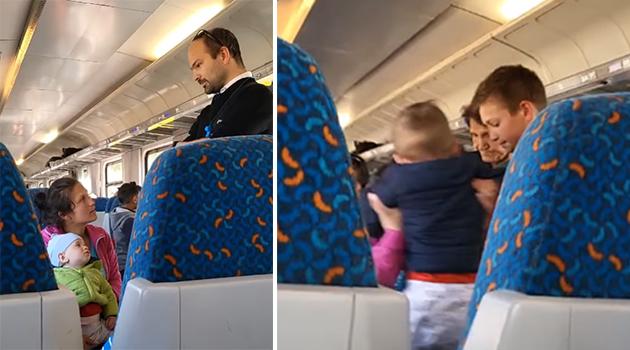Most Romani refugees from Ukraine in Bezděčín, Czech Republic want to remain

More than 40 Romani refugees from Ukraine are living in a residential hotel in Bezděčín in the Mladá Boleslav area, most of whom are children and women; this month the administration of the facility was taken over by the Central Bohemian Regional Authority from the Czech Interior Ministry’s Refugee Facilities Administration. The Romodrom organization is now taking care of the Romani refugees from Ukraine living in Bezděčín.
According to Andrea Šťastná from the Liberec branch of Romodrom, 90 % of the Romani refugees living in Bezděčín would like to remain in the Czech Republic. The Czech Interior Ministry is not yet planning to accommodate any more Romani refugees from Ukraine in the Central Bohemian Region.
The two-story residential hotel in Bezděčín is ordinarily used to house seasonal workers in the Mladá Boleslav area and was closed during the height of the pandemic. After the facility reopened this spring, its owner made it available to the Refugee Facilities Administration.
About 90 refugees from Ukraine are housed there, half of whom are of Romani origin. “Immediately at the beginning of the war on Ukraine we established our collaboration with the Refugee Facilities Administration and we contacted the assistance center in Mladá Boleslav,” Šťastná told the Czech News Agency.
“During March its use stabilized, people considered it more of a transitional place to say before joining their family members in other cities or countries, but now mostly those who plan to stay are living there,” Šťastná said. “A residential hotel of the type that is in Bezděčín is adequate housing, there is a communal kitchen, the tenants are able to cook for themselves, and mainly they are not alone there, they can contact the manager or the owner at any time.”
During the first weeks after their arrival, Romodrom staffers arrange basic humanitarian aid for the refugees, then assist them, for example, with handling their benefits, setting up bank accounts, and arranging medical care. Four staffers from the Liberec branch of the NGO work in shifts at the residential hotel.
“As of May we plan to run an adaptation group right at the residential hotel, we are also doing our best to give the children things to do so their mothers can take temporary work,” Šťastná said. The advantage of the Romani community members living together, according to her, is that the older children are frequently able to babysit for each others’ siblings.
Two women from the facility so far have found jobs. Romodrom was created in 2001 with the aim of aiding ethnic Romani people in particular.
Today the NGO offers social services to a broader group of people, for example, families with low incomes irrespective of ethnicity. They are active in Prague and eight other regions of the Czech Republic.
